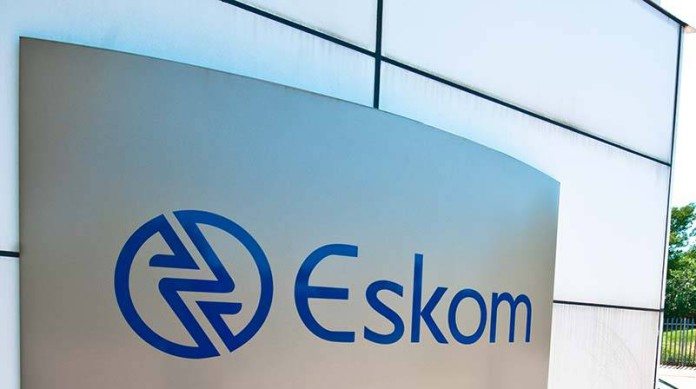
WHEN Coal of Africa (CoAL) unveiled plans to takeover Universal Coal, an Australian-listed company operating in Mpumalanga province, it said this might be the first of other consolidatory coal deals in South Africa.
Just under a year later, and the proposal ended in failure, even though shareholders approved the R1.38bn deal The reason for the failure? CoAL’s bid was conditional on Universal Coal producing sufficient cash flow from coal sales to Eskom.
It’s another example of how the power utility’s hardline approach to its primary energy costs, of which coal is the largest, is freezing investment in the sector even though it’s likely Eskom will have a coal deficit again in about five years’ time.
One of the other handicaps to new coal supply to Eskom, other than price, is a requirement that new suppliers ensure they are more than 50% empowered – a requirement that is a factor in Anglo American deciding to sell its thermal coal mines in South Africa.
Matshela Koko, head of group generation at Eskom, said however that the utility has no choice. He disclosed that the company is actually in dispute with not just Universal Coal, which is trying to seal a 2.2 million tonne coal sales agreement (CSA) from its New Clydesdale Colliery (NCC), but seven other companies.
Said Koko: “Universal Coal and seven other coal suppliers have been negotiating a CSA for the last 18 months. We are in dispute because they have offered a rand per gigajoule much higher than Nersa [National Energy Regulator of South Africa] allows. “If we sign today, Nersa will not allow Eskom to recover the costs as prudent expenditure.”
Nersa, created by an act of Parliament to monitor the energy sector, now wants Eskom to account for its primary energy costs on a station-by-station basis.
“This being the case, Eskom will be negligent to commit to a cost that is not considered prudent by Nersa,” he said. “It’s an exciting development that Nersa is stepping in to regulate coal costs as an input to the regulated prices of electricity,” he added.
Koko said that Eskom’s average cost for a 23.5CV [calorific value] coal was R19/GJ, a level that had been reached after a 17% price escalation over the last five years. The Eskom tariff, however, is regulated at Nersa at 9.5%.
“For real costs of coal to come down it is sensible to cap the 23.5CV coal at a delivered price of R19/GJ. For lower CV coal the cap is lower,” he said. “We are directed by Nersa and the consumer to drive the coal costs down.
“It will not be sensible to contract with Universal Coal at prices higher than R19/GJ and then attempt to pass the costs to the consumer,” he said. “The cap applies to Tegeta as well and, of course, they will receive a similar treatment.”
Tegeta Exploration & Resources is the Gupta family company which is thought to have benefited from the close relationship between the Gupta brothers and President Jacob Zuma.
Universal Coal executive director, Shammy Luvhengo, confirmed the company had been in discussions “… like many other parties for a while” with Eskom, but declined to provide details.
“We believe any pricing is project specific and we cannot comment on the details of such discussions with Eskom through any media platform,” he said. “We remain committed to finalising the discussions with Eskom as soon as possible.”
Keaton Energy and Wescoal Holdings, which combined at hoping to supply Eskom with between four to five million tonnes of coal a year, declined to comment when asked on the progress of their CSA negotiations.











